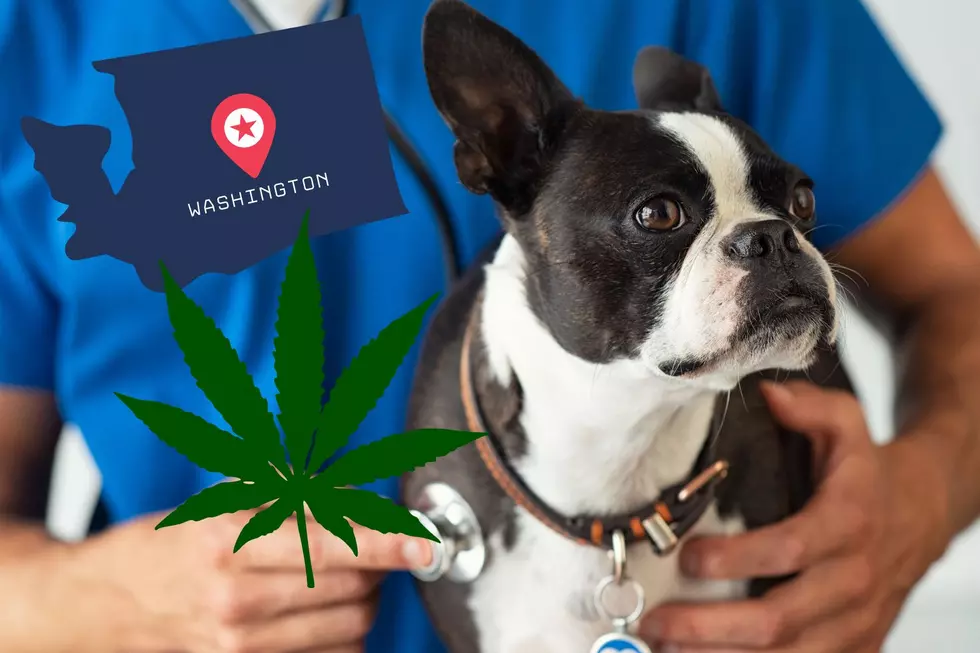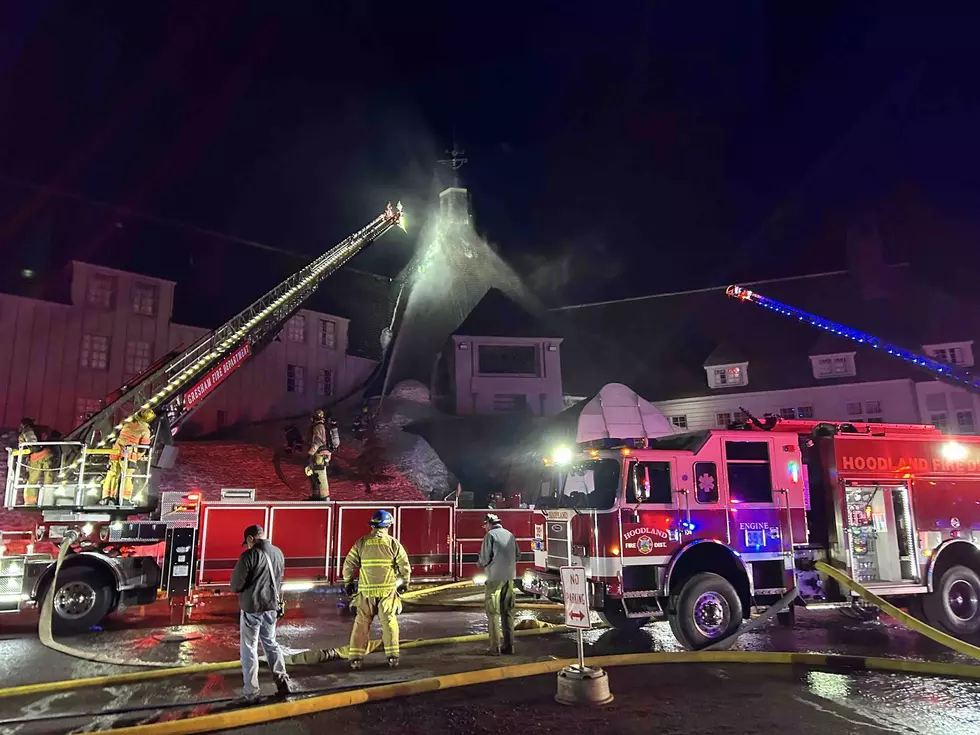
There’s a Deadly Reason You Don’t Want To Touch the Birds in Columbia Park
The Bird Flu Can Be Very Deadly To Birds And Often Fatal To Fowl
As much as we love seeing and feeding the wildlife at Columbia Park in Kennewick, there's a deadly reason why you might not touch the birds...for now.
Birds In Kennewick's Columbia Park Might Be Infected With Avian Influenza
The Washington Department of Fish and Wildlife is investigating two cases of the Avian Influenza or Bird Flu after two goslings came back positive in the Columbia Park Pond

According to an article from KEPR-TV, Wildlife experts are worried about the spread of the bird flu and encouraging residents to avoid the sick or dead birds at this time. If you've been feeding the birds at the pond, you might wait for a bit to continue to do that.
The WDFW says the bird flu is highly contagious and usually fatal to other fowl. The WDFW recommends not transporting or touching a sick or dead bird as the flu could spread to other birds. The bird flu caught by a human is rare but the WDFW is trying to avoid the transmission of the disease from one bird to another.
Here's How To Stay Safe From Avian Influenza
The Washington Department of Fish and Wildlife has several resources available to track the cases of Avian Influenza and the WDFW offers up these safety precautions if you come into contact with a sick bird - Here are a few items I pulled off their website to consider:
Some recommended hygiene measures to prevent the spread of HPAI virus-related illness include:
- Wear disposable gloves when cleaning harvested birds or cleaning bird feeders.
- Do not dispose of processed carcasses in the field where they could be eaten by raptors. Bag them and place in the garbage, bury, or incinerate them.
- Take special precautions to ensure that all equipment (boots, clothes, vehicles, firearms) are cleaned and disinfected to prevent the spread of diseases.
- Do not harvest or handle wild birds that are obviously sick or found dead.
- Do not eat, drink, or smoke while cleaning game.
- Wash hands with soap and water or alcohol wipes immediately after handling game or cleaning bird feeders.
- Wash tools and work surfaces used to clean game birds with soap and water, then disinfect with a 10 percent solution of chlorine bleach.
- Separate raw meat, and anything it touches, from cooked or ready-to-eat foods to avoid contamination.
- Cook game birds thoroughly. Meat should reach an internal temperature of 155 to 165 degrees Fahrenheit to kill disease organisms and parasites.
For now, if you see a sick or dead bird, The Washington Department of Fish and Wildlife is asking you to report it here.
There is also an interactive map that shows all the Avian Influenza cases here at any given time.
Let's be safe out there
9 Tri-Cities Super Heroes That'll Save The Day
11 Of The Best Places To Live In Benton and Franklin Counties
More From 98.3 KEYW









